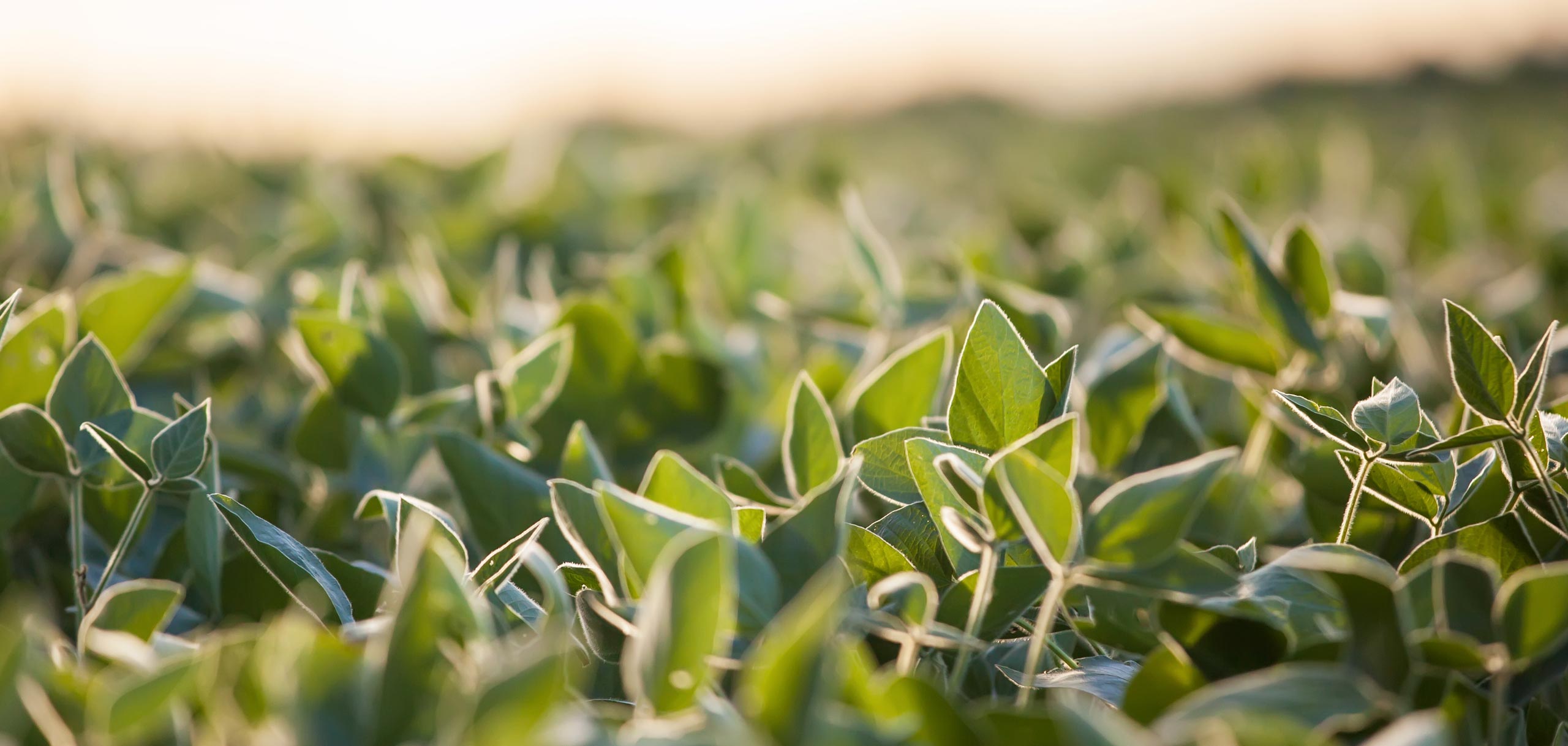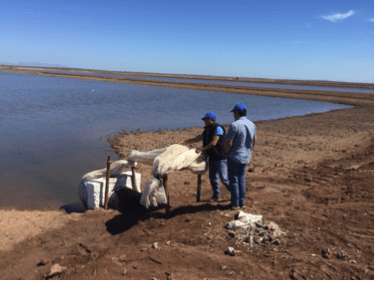USSEC Provides Technical Service to Shrimp Producers in Mexico
- Category:
- Aquaculture
- General News





USSEC recently provided technical service to Mexican shrimp producers.
USSEC consultants Jairo Amezquita and Dr. Eduardo Reyes travelled to Ciudad Obregon, Los Mochis and Mazatlan, Mexico to visit shrimp producers who are customers of Vimifos, an aqua feed mill co-operator of USSEC. They provided recommendations to overcome the challenge with growth rates of a new shrimp strain from Ecuador that has been used for the past two years to improve the survival and production per hectare.
The consultants visited three shrimp farms where they made inspections and met with technical staff, highlighting how the current management of this shrimp strain and corresponding aquaculture practices are not working and are reducing performance conditions. They also discussed opportunities and challenges to develop recirculating water systems, current farm situations, and guidelines to prevent or mitigate the possible entrance of pathogens that could affect not only the growth rates but also the survival of the shrimp.
Additionally, Mr. Amezquita and Dr. Reyes conducted seminars for shrimp producers in each of the three cities visited. More than 150 people attended these events and Dr. Reyes presented a lecture, “How to Manage the Ecuadorian Shrimp Strain Under Mexican Conditions.” He explained how to improve the water conditions for shrimp production, emphasizing best aquaculture practices.
Mr. Amezquita addressed “USSEC’s Role in the Development of Aquaculture in the World,” where he emphasized the current situation of the aquaculture industry in the world, Latin America and Mexico, and spoke about opportunities to prevent early mortality syndrome (EMS). He also presented statistics and trial results of the inclusion of soybean protein concentrate (SPC) and soybean protein isolate (IP) into the diets for aqua species.
Last year, Mexico produced more than 100,000 metric tons (MT) of shrimp, which represented more than 50,000 MT of U.S. Soy products, with an even higher forecast for FY16-17.